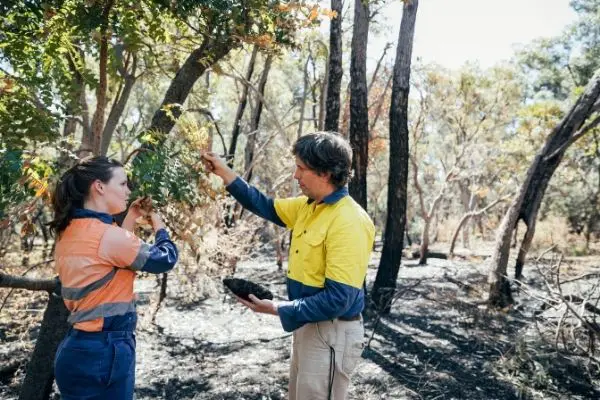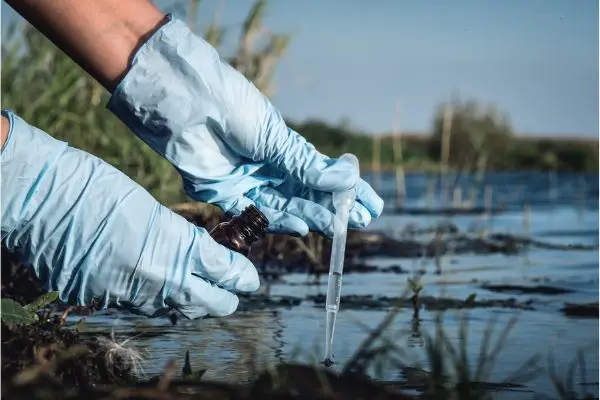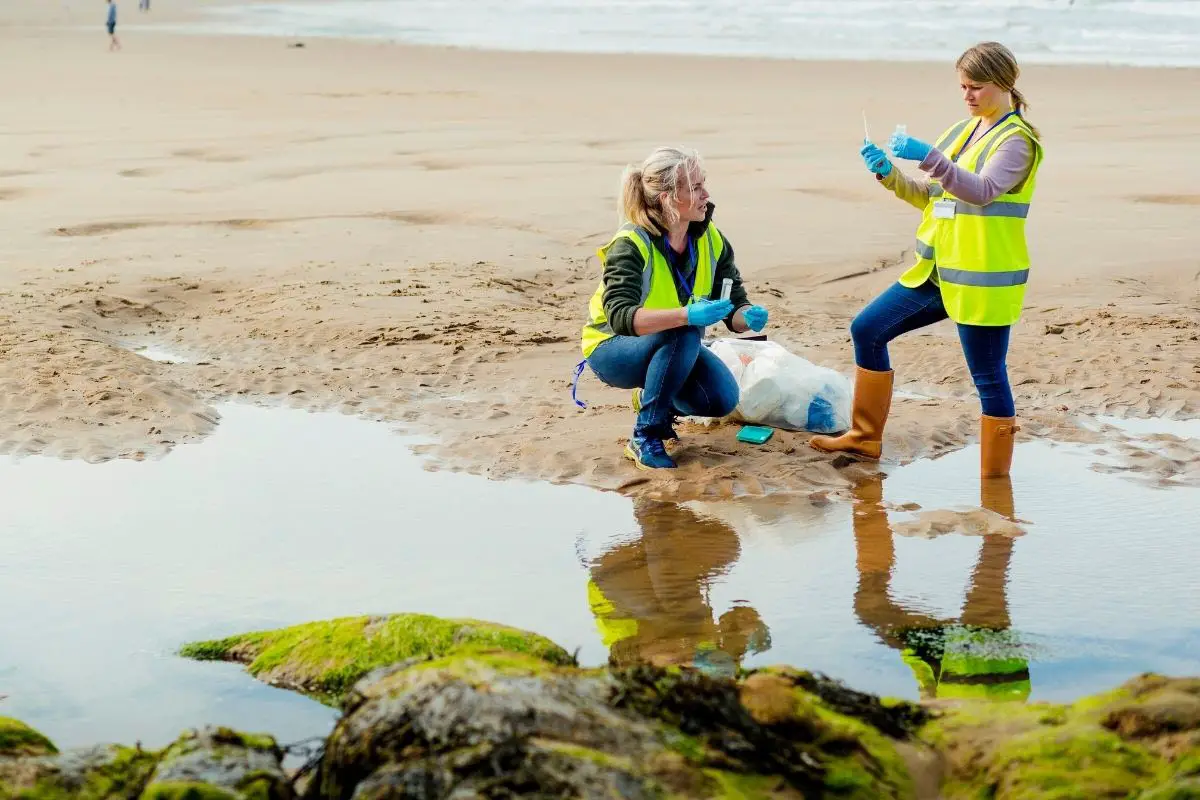Want a job that saves the planet? Here are 7 environmental careers to pursue
Hugging trees and bunnies aren’t the only ways you can express your love of the planet.
If you want to make a greater change in the world, an environmental career can help you accomplish that. Your job might provide the opportunity to contribute to making the world more sustainable.
Environmental careers help to conserve energy, reduce waste pollution, protect and restore ecosystems, limit greenhouse gas emissions, and improve recycling systems. You could work in sectors like environmental science, agriculture, geoscience, and sustainability. Here are some careers for those who want to save the planet.
1. Environmental engineer
An environmental engineer is someone that designs systems that promote environmental protection. They are responsible for the construction of eco-friendly buildings and renewable energy facilities. Environmental engineers also contribute to planet sustainability by making sure that industries or factories adhere to waste and pollution control policies.

When environmental hazards occur, these professionals would evaluate and help to contain them. Government agencies and private businesses consult environmental engineers when they need to tackle contaminated zones. These engineers are aware of the adverse effects of construction projects and would help to make them more sustainable.
2. Green urban/regional planner
Urban or regional planning involves the design and development of plans for land use in urban neighborhoods. They help to create communities, accommodate population growth, enable access to infrastructure, and revitalize city buildings. These planners also help to protect and ensure land sustainability by researching environmental impacts before creating these plans and layouts.
Urban planners are an integral part of communities because they help to structure and organize everything. These professionals are quite proficient in graphics, maps, and renderings. They also understand the principles behind urbanism, street design, and transit-oriented development. A degree in environmental planning, urban design, or urban and regional planning would help anyone get started.
3. Hydrologist
Hydrology is another environmental career that can help you save the planet. It helps us understand how water is being distributed on and below the surface of the earth. A hydrologist is someone that analyzes how water and the environment influence one another. They help to curb hydrological disasters such as pollution, erosion, droughts, floods, and sedimentation.

Hydrologists also evaluate water-related projects such as irrigation systems, hydroelectric power plants, and wastewater treatment plants to ascertain feasibility. Some hydrologists study water below the Earth’s surface while others study above the groundwater level. They analyze the volume and streamflow of bodies of water as well as the pH and pollution levels of water.
4. Chief sustainability officer
Companies are looking to conserve resources and monitor their impacts on the environment. They want to evaluate their business practices and improve economic, social, and environmental sustainability. A Chief sustainability officer is the person who monitors, analyzes, and helps a company achieve its sustainability goals.
This position is best for planet lovers who want to minimize man-made hazards. To become a Chief sustainability officer, you need at least a bachelor’s degree in sustainability. The job cuts across several sectors such as retail, mining, IT, and pharmaceuticals. You’d collaborate with other managers to ensure that the organization’s physical processes are environmentally friendly.
5. Agricultural and food scientist
This environmental career allows you to improve the productivity as well as the sustainability of food crops and farm animals. Agricultural and food scientists work with farmers and production companies to improve quality and quantity. They conduct research and come up with techniques to help the food industry grow.
These food scientists may choose between basic and applied research. The former is the research of biological and chemical processes of crops while the latter seeks to discover ways to refine farming and food products. Agricultural and food scientists are crucial in maintaining and expanding the nation’s food supply.
6. Urban farmer
Urban farmers are people who cultivate food crops and sell them to members of their community. They use green spaces around them to grow healthy food. Urban farming is great for anyone who wants to practice sustainable farming. They would only use natural fertilizers and do away with chemicals that are harmful to the environment.

If you’re willing to start a farming business in your city, this may be a good idea. You could be your own boss or partner with anyone who may be interested in promoting food sustainability. Urban farming ensures that fresh healthy produce is readily available and affordable for everyone.
7. Environmental advocate/lobbyist
Environmental lobbyists are those who approach politicians and persuade them to pass laws that would help solve environmental issues. They develop campaigns, raise funds, and advertise their agenda in order to gain the necessary attention. They are usually involved in political elections and the implementation of laws at all levels.
Environmental lobbyists often schedule meetings with legislators on behalf of their clients. They show up at media events, prepare press releases, and also testify at court hearings. They make sure politicians make decisions that would make the country a greener, healthier and cleaner place.





